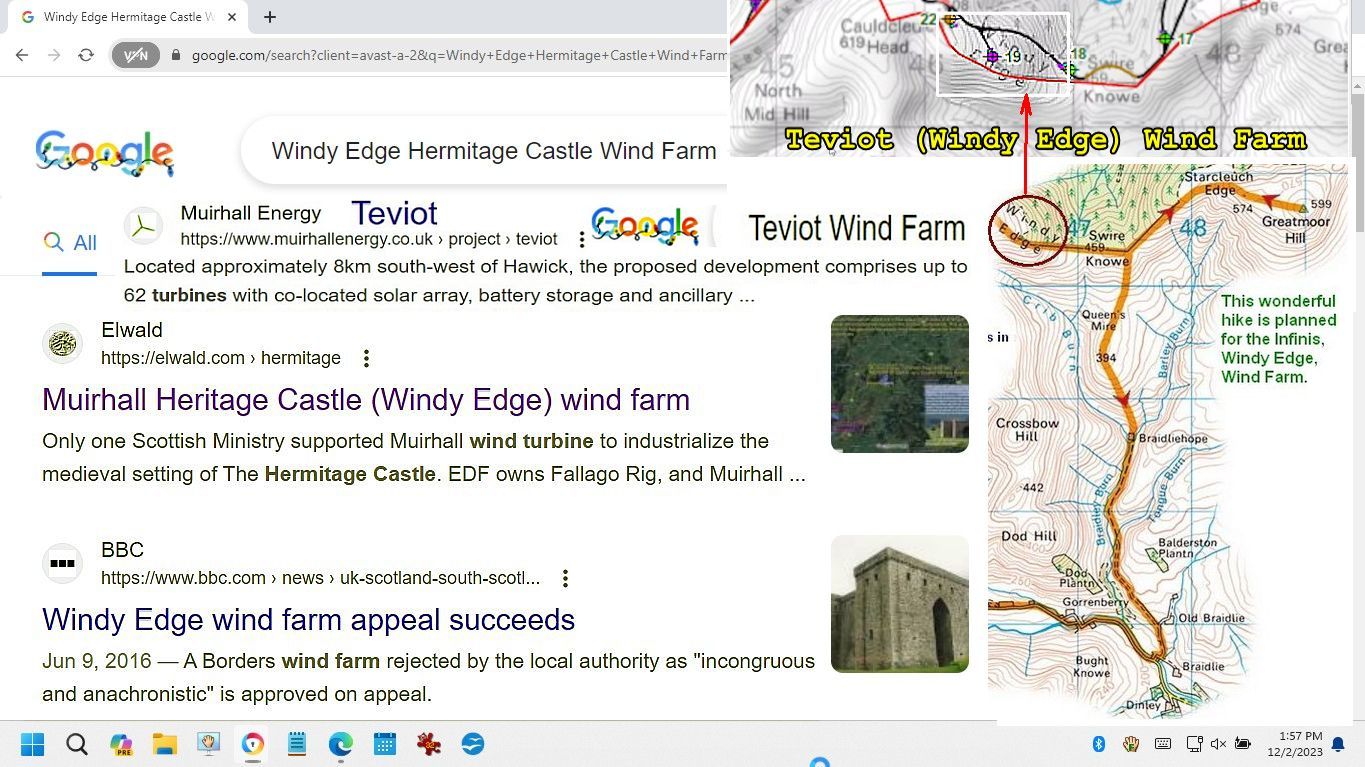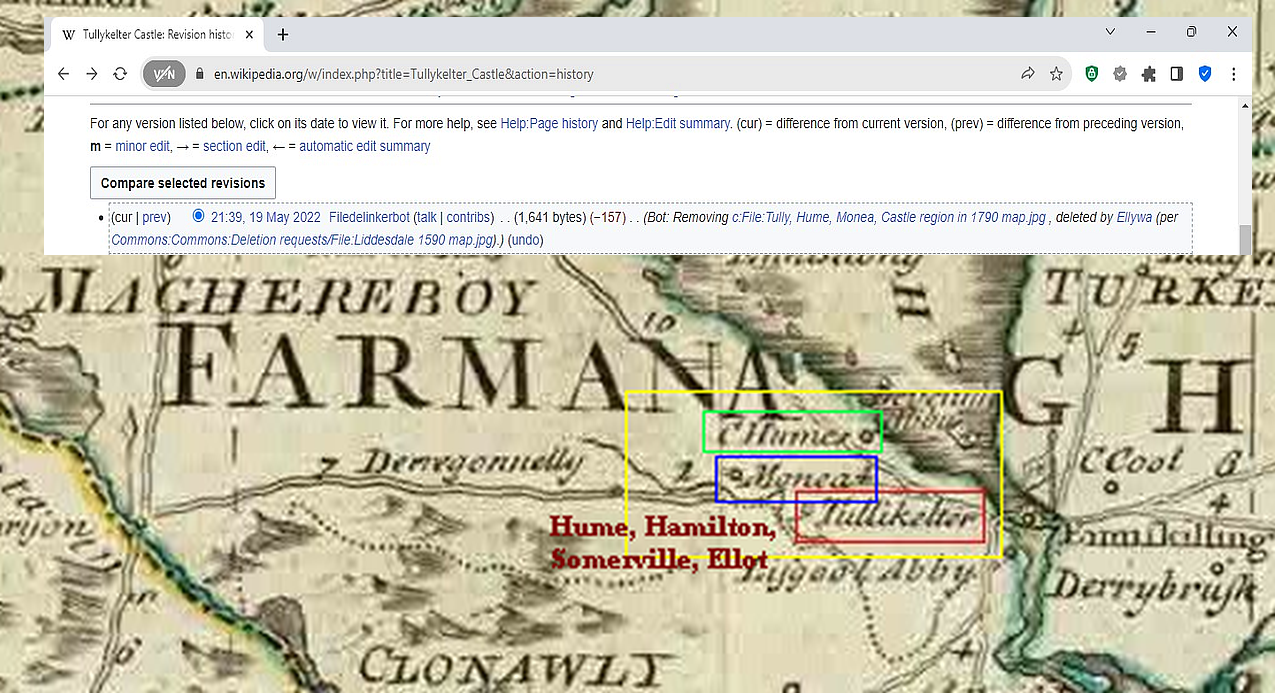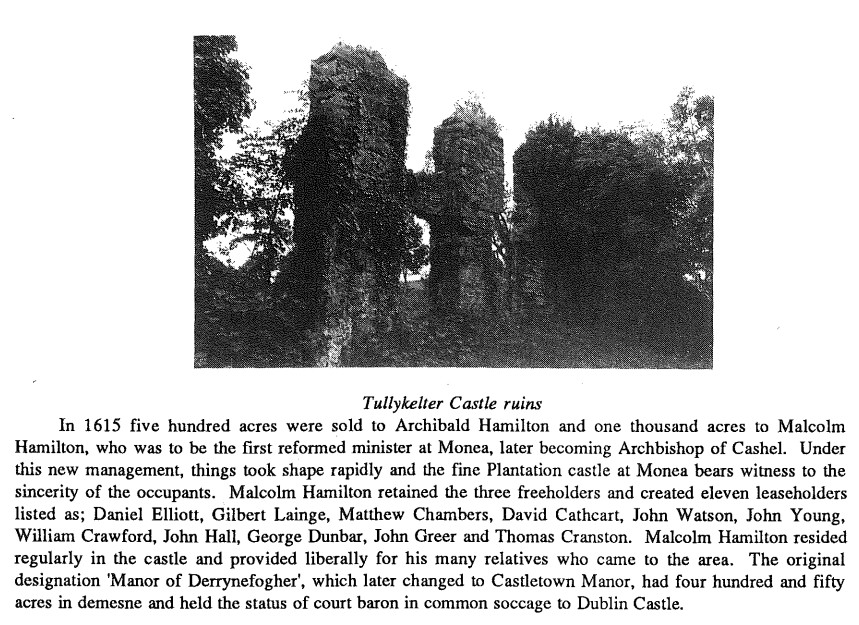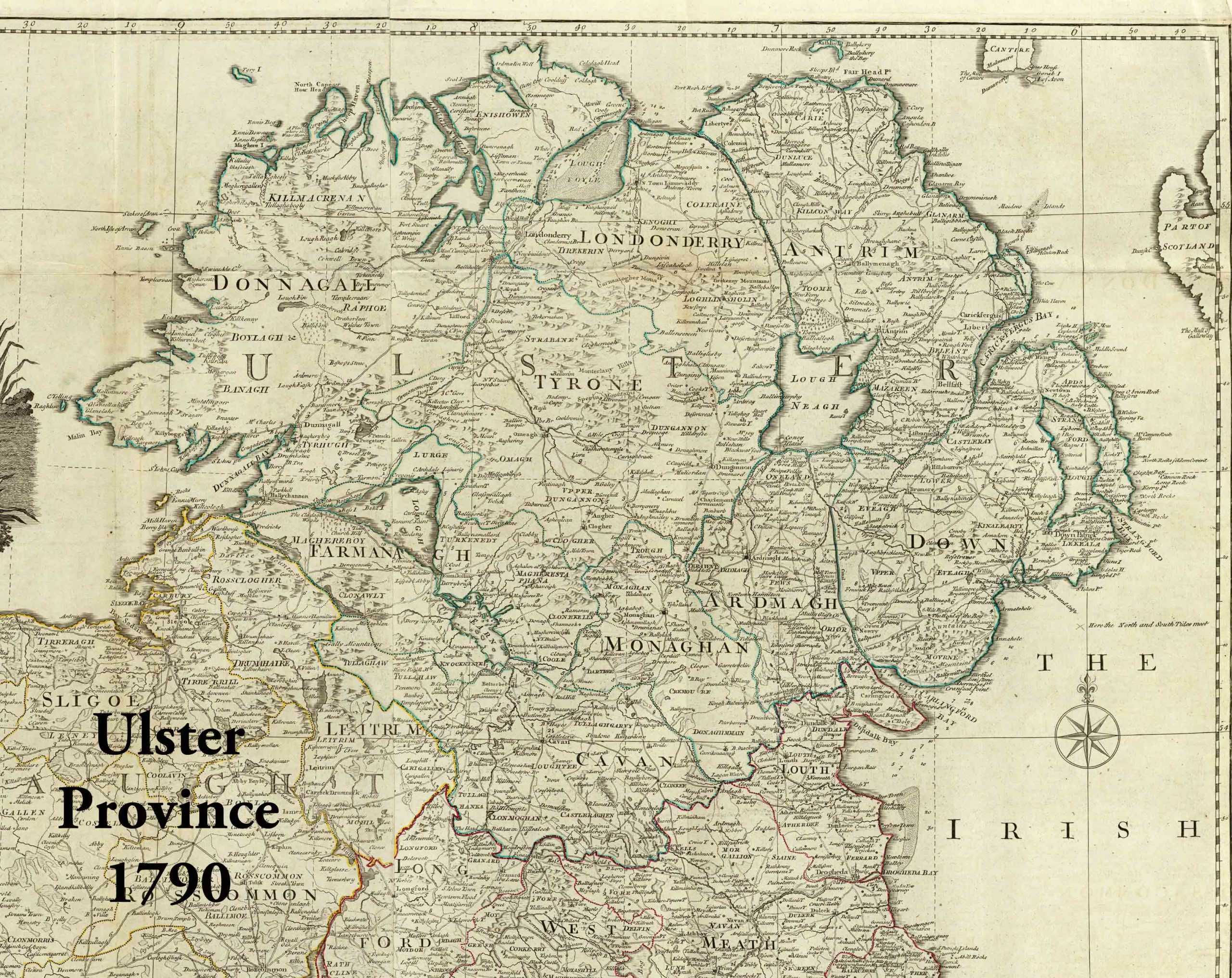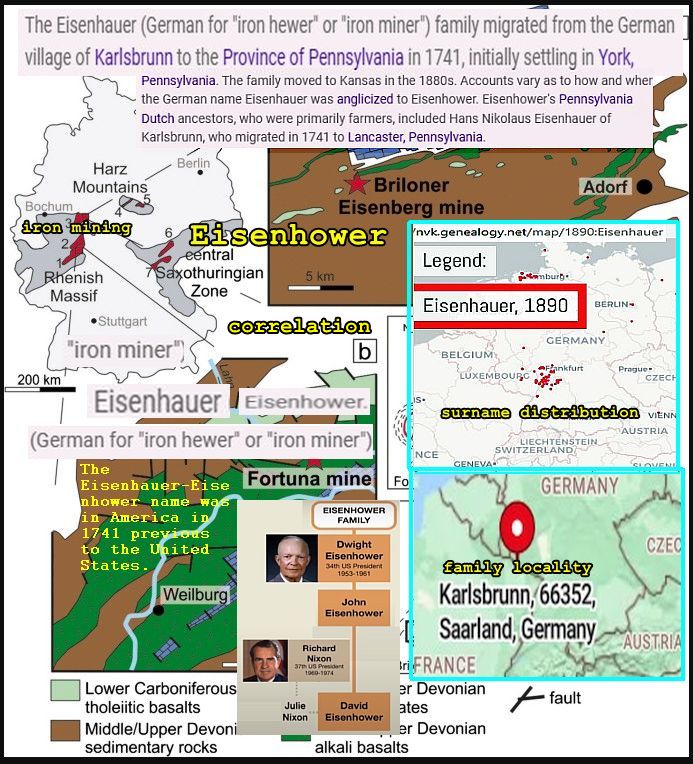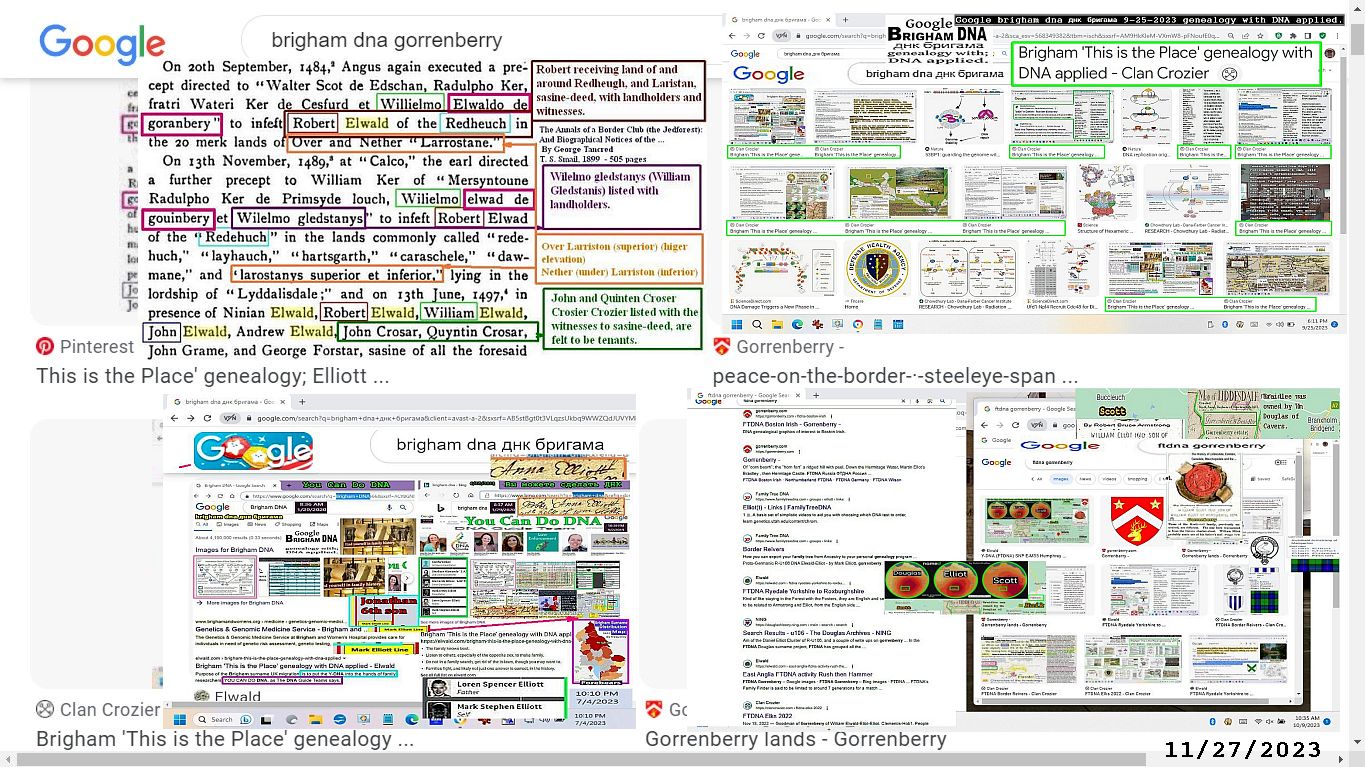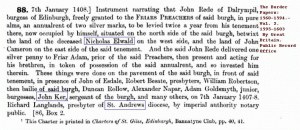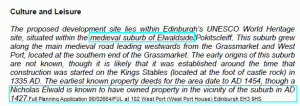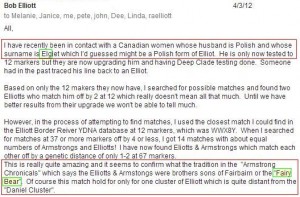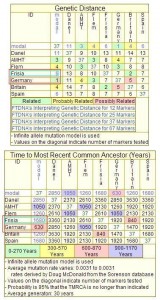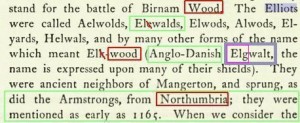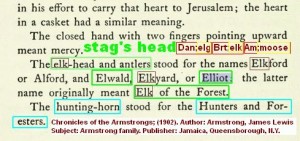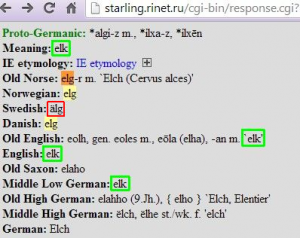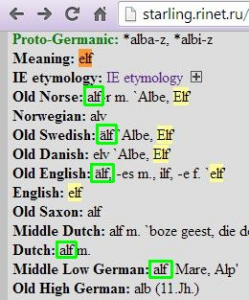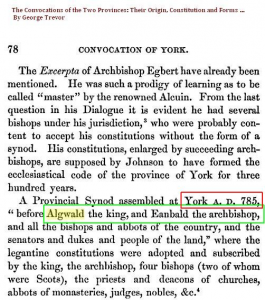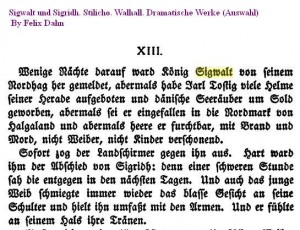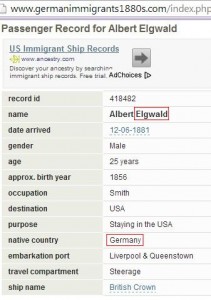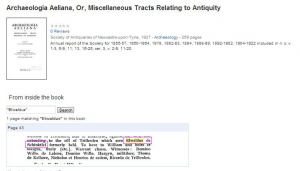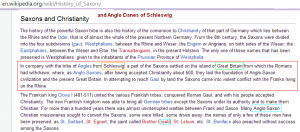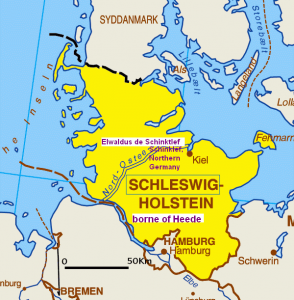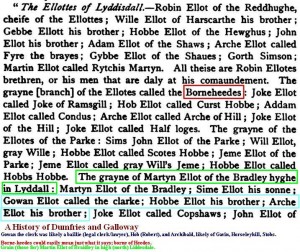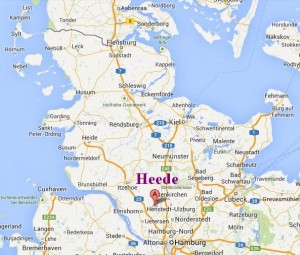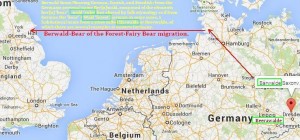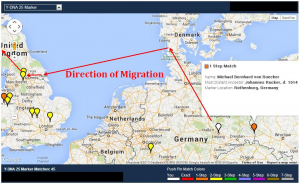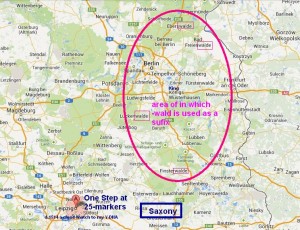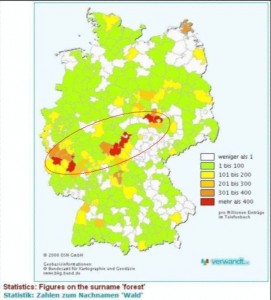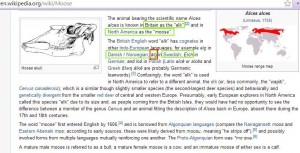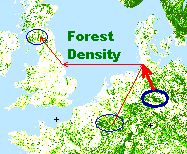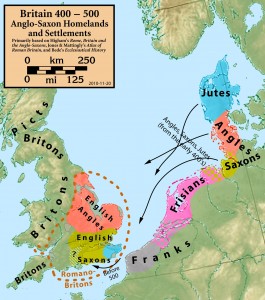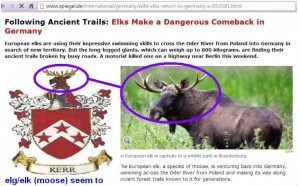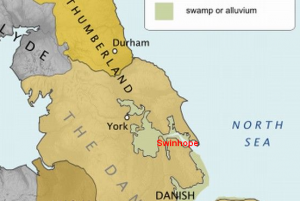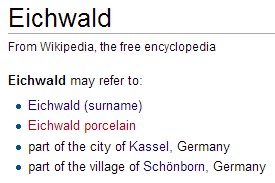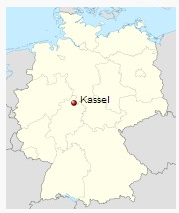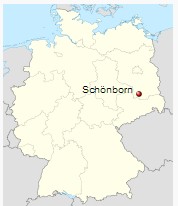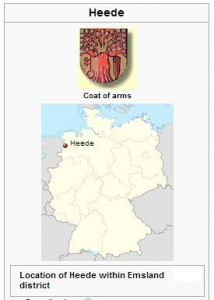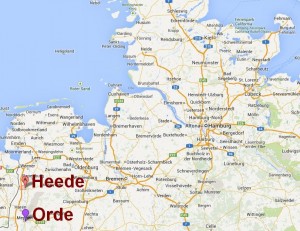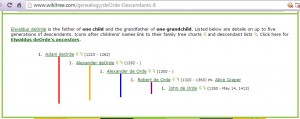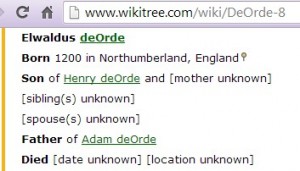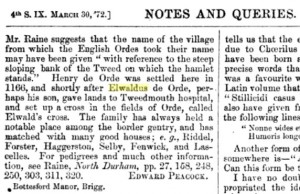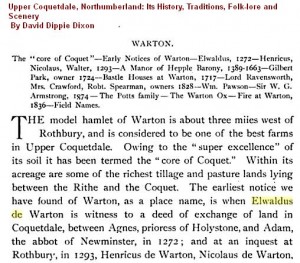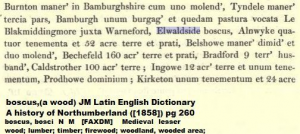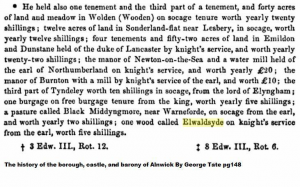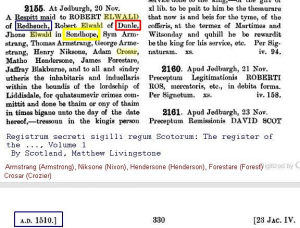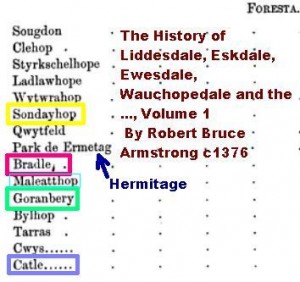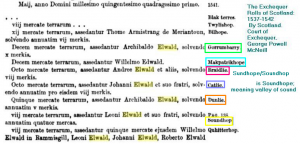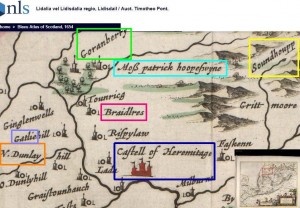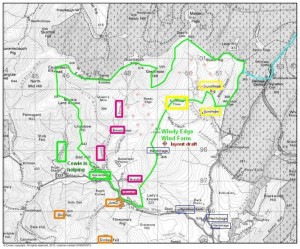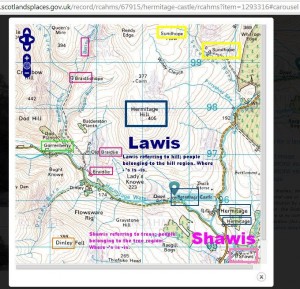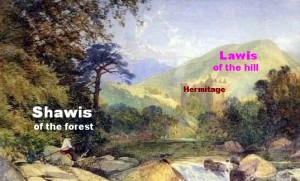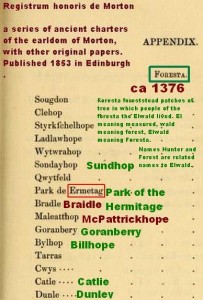A Hawick Word Book by Douglas Scott PDF
Tullykelter-to-America
Die Riding Clans in Ulster von Robert Bell
sheep-stealers-from-the-north-of-england-the-riding-clans-in-ulster-by-robert-bell
 Brigham DNA Gorrenberry google images
Brigham DNA Gorrenberry google images
THE ANNALS OF A BORDER CLUB: GEORGE TANCRED 1899 P.149
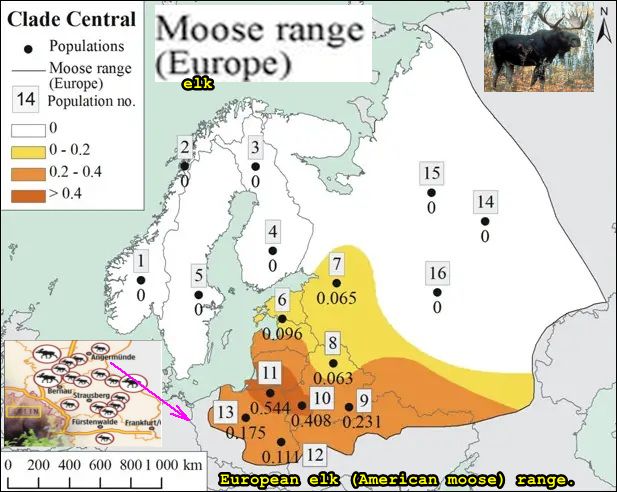 Given that Elwald is Anglo-Dannish then it is felt that the family follows a Danish, naming convention;
Given that Elwald is Anglo-Dannish then it is felt that the family follows a Danish, naming convention;
It is felt that the name Elwald is not occupational, but more likely a patronym, but it is one that does not end in sen/son, like many Danish ones do, but Elwald is likely a surname developed from a personal name of being the son of an Elwald.
Example;
One can see John Elwald is likely a cantankerous child; an elf.
The names Alwalis, Elwald, Eluald, Alvald, are variants of Ælwald, in which where Elwald will be used in the analogy.
John is the son of Elwald of South Creake, and John takes on his dad’s name Elwald in the manner of a patronym, the name then becomes John Elwald.
The major Redheugh Elwald forenames are; Robert, William and John.
The Elwald surname besides coming for a patronym could could also have come from a toponym.
Given that the names of medieval communities of Elwaldside, Elwaldside, and Elwaldlaw in Northern Northumbria, the region which became the Scottish Borders, Edinburgh and south of it. The was a suburb of Edinburgh, named Elwaldside meaning; wooded lots in a suburb (on the side of) Edinburgh.
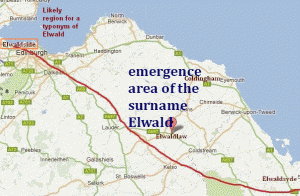
In the late fifteenth century there is found a Nicholas Elwald, of Elwaldside a suburb of Edinburgh.
In southern Northumbria, East Riding Yorkshire, the name of Elwald would be a patronym, and names oriented towards names such as Robert, William, and John, which are forenames of the Redheugh Elwald surname.
In northern Northumbria, Elwaldside, a suburb of Edinburgh the name of Elwald pared with Nicholas to become Nicholas Elwald, could have been a tyoponym and emerged from the name of the suburb Elwaldside.
Mark Elliott 5/15/2013
Robert P. Elliott consider him my brother german, because of the Y-DNA, and a lot of the work he has done on it for the Daniel Group;
He emailed me this;
Also he has done this for the Daniel Group;
He seemed to read it Frisia, and I read it Germany. Being a mathematician of sorts, I went for the lower number. Try to explain that good genealogy takes a lot of correlation.
Language and stories, such as the Fair Bear along with Y-DNA are some of the better ways to trace migration, because history written so long ago looses its accuracy.
Jame L. Armstrong MD of The Armstrong Chronicles presents stories and names for the family.
In the above when he refers to elk; to the Americans he means moose.
Also, when he uses the word wood; to the Americans he means woods.
Our family name in Northumbria seem to start as Elfwald meaning elf and wald (forest).
But before coming to Northumbria it was felt to be Elgwald meaning elg (elk, moose), of the wald (forest).
Looking above on can see how easily that would have been done.
For naming of the Elg/Alg form we find;
Algwald the king is the same given the date, as Elfwald the king.
Part translation of above.
And one as German names can find the names King Elgwalt and Elgwald.
One can also find a Elwaldus de Schinktlef, where Elwaldus is the Latin form of Elwald, but showing he is of Schinktlef.
He settled near Bakelaw (Newcastle upon Tyne, Northumberlan).
But he was of Northern Germany-Denmark;
Borneheedes, sometimes Borne-heedes, which taken literately saying that the family is born of Heede.
This is to say that the family is know from their cultural perspective, as being born of Heede Danish/Germany, indicating their origins. Sometimes they might in the United States refer to people of their origins after many generations, like Japanese-American, Anglo-American, and so on.
This would be a likely area where Elgwald (elk/moose) of the forest is from, since bear of the forest or Fairy Bear are said to be from the same region.
Given my Y-DNA; it indicates that I am from this given region.
Which seems to have a leaning towards Poland.
Localities in which -walde is being used as a suffix, and high Y-DNA location indicator.
Distribution of the Wald name in Germany;
Gives a language between low German (wold-would-wood), and high German (wald-forest).
Given the locations of the elg/elk (moose), and forest have a tendency to lean toward Poland, and Saxony for the Y-DNA locality.
Mark Elliott 9/20/2013
The elg/elk (moose) are said to be making a come back in Germany. See how the elg/elk head compares to the one on top of the Kerr crest.
Mark Elliott 9/28/2013
*********************************************************************
Comments on naming;
For Kerr;
On their arms as shown above the stag looks like an elk (moose), more than any other arms found.
Given the name Kerr, is felt to be Scandinavian for marsh, and elk (moose), like marsh land.
Swimhope where early Kerr/Carr are said to be seems to be near marshland.
The Kerr being known for marsh, may be known for elk (moose).
It is felt that the name Elch, given time, and the similarity between the “l”, and the “I”, it may have become Eich.
So looking for Eichwald instead of Elchwald found is;
Maps;
Which, makes it look like that the Berwald; bear of the forest, were near the same localities as the Elchwald; elk (moose) of the forest.
Name evolution;
For wold (Elwold) it seems to be low German for British English wood to others woods. It is shown by distribution of name Ellwood, this seems to give a distribution of low German.
For wald (Elwald) it seems to be high German for forest (treed region large than a wood). It is shown by distribution of name Elliot, more of a high German distribution.
The Ellwood are found from East Yorkshire to Cumbria, in England, and the Elliot are found in north Northumbria, Scottish Borders.
The name Elch-Elg-Elkwald (moose), when it came to East Riding Yorkshire, Southeast Northumbria there may not have been many British elk (moose), so name change for a sort to elfwald. Where an elf may be considered somewhat like an elk (moose).
The the name became elwald, where ell is a standardized measurement of various length, in the various christian nations of the day. The meaning would be of a surveyed (owner/not common) forest, but also a name of a christian St Elwald, said to be in Hexam, Abbey.
The Redheugh name change to Ellot (metes-and-bound surveyed lot using the Edinburgh, standard ell), at the time of the Reformation when the family dropped saints, in their religion. The name changed from Ellot to Elliot with “i” insertion, where the name Ellot became the English name Elliot at the time of the English Civil War. The Scots had dropped the Scottish ell, and started using the English Imperial yard.
Mark Elliott 10/31/2013
May G. Williamson The Non-Celtic Place-Names of the Scottish Border Counties
Unpublished PhD thesis , University of Edinburgh, 1942
THE PLACENAME MS OF MIDLOTHIAN
A thesis submitted to the UNIVERSITY OF EDINBURGH, May 1947, for the degree of Ph.D. by NORMAN DIXON, M.A. (Edin. 1933)
Norman Dixon placenames of MidLothian
Mark Elliott 10/13/2013
Heede; (could be more than one localities, but in or near Hamburg, Germany)
Placement of Orde so far week, and has strong influence from the Netherlands.
It should be noted that the personal name Elwaldus (Elwald), was used in this region.
Given the names of Elwaldus of Northumberland, and Elwaldsyde/Elwaldside in Northumberland, it can be said that Elwald is an early name of Northumberland.
Mark Elliott 12/6/2013
Listing of names in Hermitage Hill region;
Mark Elliott 2//13/2014

